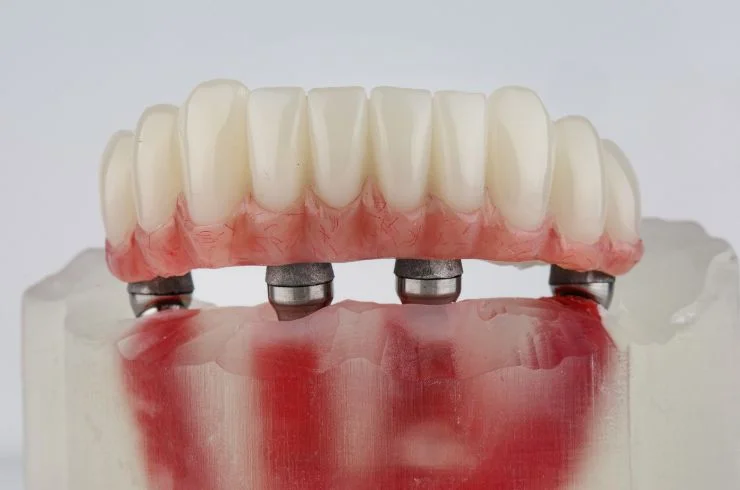
What are Dental Bridges?
Dental bridges are prosthetic devices designed to replace one or more missing teeth by bridging the gap between adjacent teeth. They consist of one or more artificial teeth, known as pontics, anchored to the natural teeth (abutments) on either side of the gap. Bridges are an effective solution for restoring both the function and appearance of a smile, preventing the remaining teeth from shifting and maintaining the overall alignment of the bite.
Indications for Dental Bridges
Dental bridges are recommended in various situations, including:
Types of Dental Bridges
Traditional Bridges:
Cantilever Bridges:
Maryland Bridges:
Implant-Supported Bridges:
The Bridge Placement Process
Initial Consultation:
Tooth Preparation:
Impressions:
Temporary Bridge:
Bridge Placement:
Benefits of Dental Bridges
Considerations and Aftercare
In summary, dental bridges are a reliable and effective solution for replacing missing teeth. They play a significant role in restoring both the functionality and aesthetics of a smile, contributing to improved quality of life. With proper care, bridges can provide long-lasting benefits and enhance overall dental health.